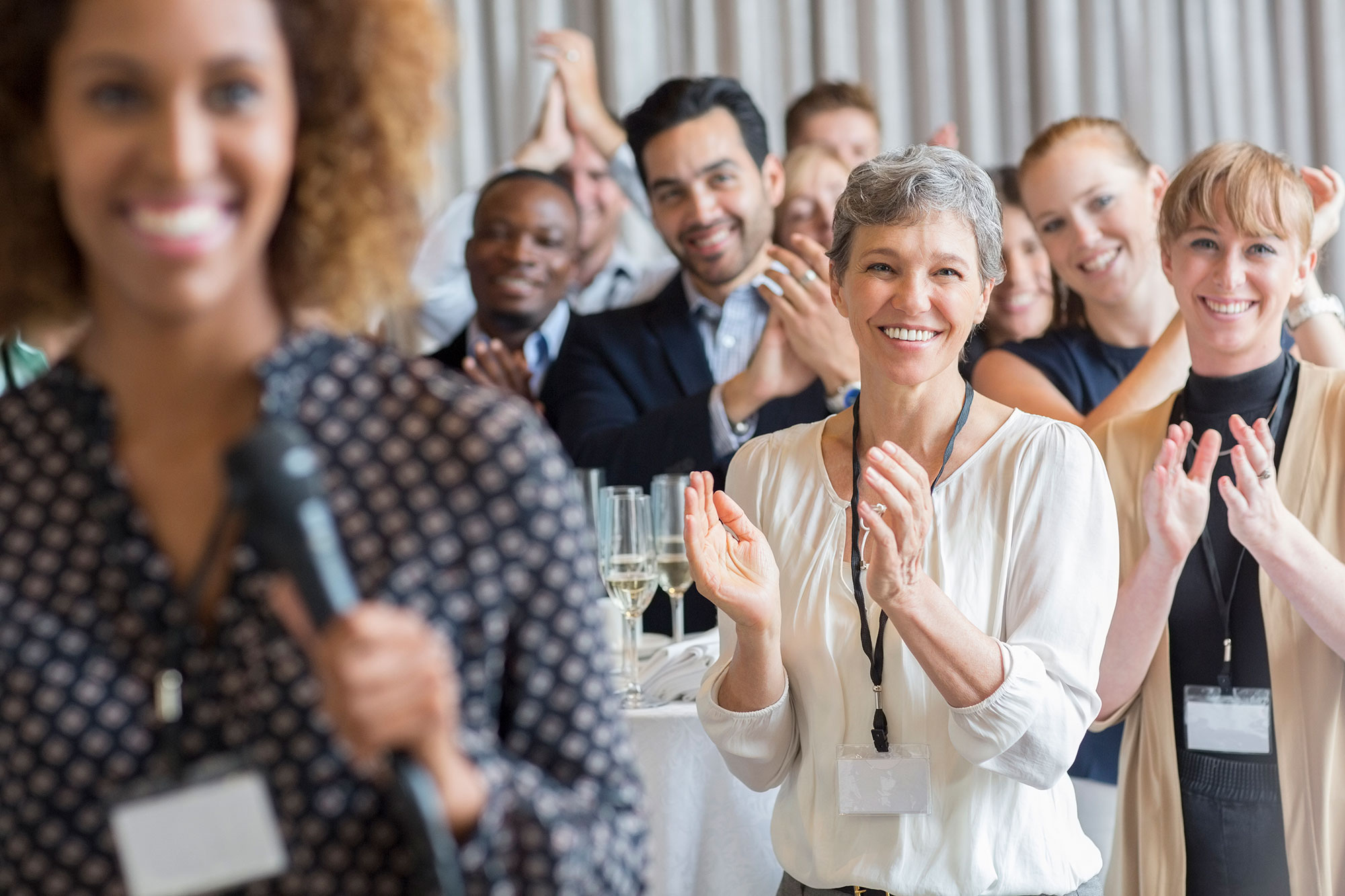For every non-profit, the quest for sustainable financial support is ongoing. There are several proven tactics to gain one-time donations, which of course are valuable, and other events support and cultivate lasting relationships with donors that can provide a steady stream of support.
When planning events for your non-profit, it's essential to consider the specific goals you want to achieve. Donor appreciation events are an excellent way to recognize and thank your existing supporters for their generosity and loyalty. These events can range from intimate gatherings to larger celebrations, depending on your budget and resources.
Another type of event to consider is aimed at growing your donor pool. These events focus on engaging with potential new donors and introducing them to your organization's mission and impact. They can take various forms, such as networking mixers, open houses, or informational sessions. By effectively communicating your mission and highlighting your work, you can inspire attendees to become future supporters.
Additionally, informing new people about your mission is crucial for raising awareness and building community support. Consider hosting educational events, such as panel discussions, workshops, or guest speaker presentations, to share your organization's story and highlight the issues you're addressing. These events provide opportunities for dialogue and learning, fostering connections with individuals who may be passionate about your cause.
And, more specifically, a growing trend for non-profits is hosting planned giving events. A planned giving event is a specialized fundraising event organized by non-profit organizations to educate, engage, and inspire donors to make long-term commitments to support the organization's mission through planned gifts. Planned giving events are designed to highlight the benefits of legacy giving and provide donors with information and resources to include the organization in their estate plans or make other types of planned gifts.
With different events serving different purposes, your organization will likely continue to host a variety of events to support your mission both in the short- and long-term. Let’s continue to discuss event best practices and why a planned giving event should be part of your events plan.
An Event Is More Than Just One Day
The success of an event isn't determined by what happens on the day of. Promotion and follow-up are key contributors.
It’s essential to promote your event to reach your target audience effectively. Utilize a mix of marketing channels, including email newsletters, social media, and targeted advertising, to ensure maximum visibility. Moreover, getting engagement from your board members can significantly enhance the success of your event. Board members can leverage their networks, lend their expertise, and serve as ambassadors for the organization, helping to attract attendees and build credibility.
It's also crucial to have a robust follow-up strategy in place to maintain momentum and deepen relationships with attendees. This can include personalized thank-you notes, follow-up emails with event highlights, and opportunities for further engagement. Additionally, data collection is key to understanding your audience to nurture them to become a donor. Asking for feedback by utilizing surveys, registration forms, and other tools to gather valuable insights can be meaningful touchpoints in the follow-up process.
Looking at the Big Picture: Cultivating Donors Through the Planned Giving Cycle
The cultivating of donors involves several key stages, beginning with identification. This stage entails identifying potential donors who may be interested in making planned gifts to your organization. This can involve analyzing your donor database (which you help grow through events), conducting prospect research, and leveraging relationships with existing supporters to identify potential prospects.
Once potential donors have been identified, the cultivation stage begins. During this phase, it's essential to engage with donors and build relationships with them over time. This may involve personalized communications, one-on-one meetings, and opportunities for donors to learn more about planned giving options and the impact of their contributions.
Understanding the pool of donors who are interested and capable of giving in this way is crucial for effective planned giving. By segmenting your donor base and tailoring your cultivation efforts accordingly, you can maximize your success in securing planned gifts. Remember, planned giving is about creating a legacy, so it's essential to nurture relationships with donors and provide them with the support and information they need to make informed decisions about their charitable giving.
5 Benefits of Hosting a Planned Giving Event
By incorporating a planned giving campaign into your toolkit, your organization is on its way to ensuring the longevity and effectiveness of its mission. Planned giving events offer a unique platform to engage donors on a deeper level, leaving a lasting impact on both the organization and the community it serves.
1. Fostering Personal Connections
Planned giving events create an environment for non-profits to connect with donors on a personal level. Whether it's through intimate dining events or special presentations, these events offer opportunities for donors to interact with the organization's leadership, staff, and beneficiaries. Building these personal connections fosters trust and loyalty, encouraging donors to consider long-term commitments to the cause.
2. Educating Donors About Legacy Giving
Many donors are unaware of the benefits of legacy giving or how to include charitable donations in their estate plans. Planned giving events serve as educational platforms, providing donors with valuable information about legacy giving options such as bequests, charitable trusts, and gift annuities. By demystifying the process and highlighting real-life examples of the impact of planned gifts, non-profits can inspire donors to leave a legacy that extends far beyond their lifetimes.
3. Cultivating a Culture of Philanthropy
Planned giving events play a crucial role in cultivating a culture of philanthropy within the donor community. By highlighting the importance of planned giving and recognizing donors who have made legacy commitments, non-profits can inspire others to follow suit. These events create a ripple effect, encouraging donors to think strategically about their charitable giving and empowering them to make a meaningful difference for generations to come.
4. Ensuring Financial Stability
One of the most significant benefits of planned giving events is the potential for long-term financial stability. Unlike traditional fundraising efforts that rely on periodic campaigns and appeals, planned giving provides a steady and predictable source of revenue. By securing commitments from donors to include the organization in their estate plans, non-profits can build a sustainable financial foundation that enables them to weather economic uncertainties and continue their vital work for years to come.
5. Honoring Donors and Celebrating Impact
Planned giving events offer non-profits an opportunity to honor donors and celebrate the impact of their generosity. Whether through donor recognition ceremonies, legacy society memberships, or commemorative plaques, these events acknowledge the contributions of those who have made a lasting commitment to the organization's mission. By publicly expressing gratitude and sharing success stories, non-profits can inspire others to follow them and join the legacy of giving.
At the end of the day, events, including planned giving presentations, are a powerful tool for non-profits seeking to secure sustainable support for their mission.
We can help with a planned giving event for your donors
If you're not sure where to start, need support taking your planned giving event across the finish line, or are looking for a guest speaker, we can help. Our experts can speak to your donors about planned giving, educate them on their options for leaving a legacy, and help everyone walk away feeling empowered to make a lasting impact for a cause they care about. Contact us today to get support for your event!
The information in this paper is not intended as legal or tax advice. Consult with an attorney or a tax or financial advisor regarding your specific legal, tax, estate planning, or financial situation.



